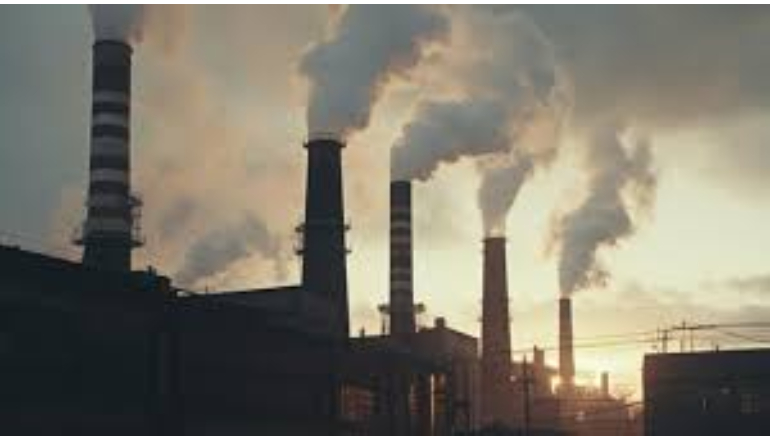A focus to attain energy security is forcing India to refocus on thermal energy.
Home to over 140 billion people, India’s priority is making electricity accessible to all, which is why thermal power is gaining traction in India.
With support from government policies and private sector investments, the segment is set to witness a huge spike.
The country is gearing up to enhance its thermal power capacity by 80 gigawatts (GW) by the year 2032, in response to consistently rising electricity demand across the country.
India’s 2023-24 Economic Survey aimed to target diversified energy sources, including thermal power, coal, to minimize risks and pursue low-emission pathways.
Data:
IBEF estimated that India will need to invest in thermal power infrastructure to meet future energy demand scenarios. It states that thermal power remains crucial for India, accounting for 75% of the country’s total power, despite the transition towards renewable energy.
In March 2024, IBEF predicted that by 2030, India will require an extra 70 GW of thermal capacity, or 56% of installed electricity generation, to meet its 7.5% annual demand.
Government support:
Thermal energy received a renewed impetus in this year’s Union budget.
Finance Minister Nirmala Sitharaman announced several initiatives to enhance thermal power.
These include:
• The R&D funding announced in the interim budget — of Rs 13,208 crore — will be made available for this sector
• The FM approved fiscal support and indigenous technology for Advanced Ultra Super Critical (AUSC) thermal power plants
• Public-private partnerships to set up Bharat small reactors and conduct research and development in nuclear power
• New regulations to transition from energy efficiency targets to direct emission targets
Private sector at play:
According to IBEF, the private sector in the power industry in India generates 52.4% of the country’s power, whereas States and the Centre generate 24.1% and 23.4%, respectively.
Of late, private sector companies like Adani Power, JSW Energy, and Tata Power have increased focus on thermal energy to meet rising electricity demand. C-suite commitment during analyst and IR interviews to increase focus on thermal power boosted industry confidence in the segment.
For example, Adani Power plans to double its capacity from 15 GW to 30 GW by 2030. The company has acquired Lanco Amarkantak Power and Coastal Energen, and is exploring further acquisitions worth 1.1 GW.
JSW Energy is considering adding greenfield capacity in thermal space, pending opportunities. The company’s decision to invest in thermal projects depends on power purchase agreements, as setting up new plants takes time.
Tata Power which has not yet added new thermal capacities, will look at new projects based on opportunities and returns.
Our take:
While India has fared better in energy transition compared to its global peers, it is a reality that coal-based energy production is going to be the mainstay for India, at least for the next decade. All the same, WriteCanvas is hopeful that India will achieve the target of
50% renewables in the energy basket by 2030.

